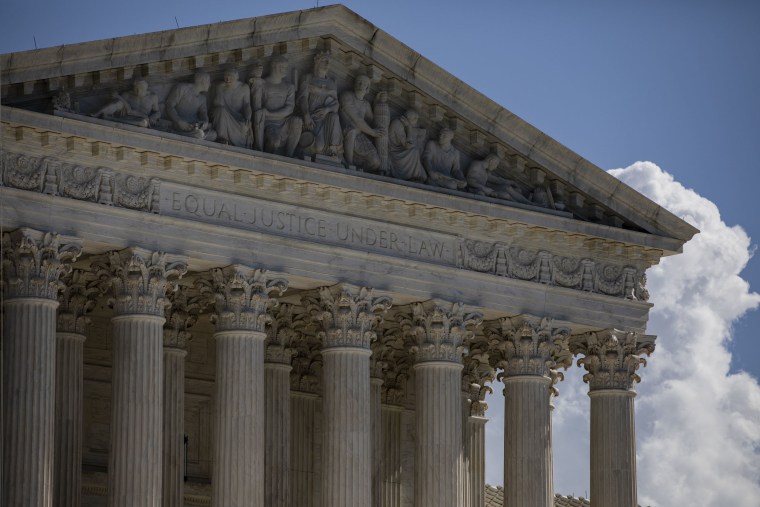A legal battle over the reach of religious freedom returns to the Supreme Court on Wednesday, requiring the justices to consider whether the Constitution allows a religious freedom exception to anti-discrimination laws.
The dispute, between the city of Philadelphia and a Catholic charity that refuses to place children in foster care with same sex-couples, is the first of this term's blockbuster cases to be heard with Justice Amy Coney Barrett on the court.
The decision is likely to have a nationwide impact. Since the Supreme Court struck down laws against gay marriage in 2015, lawsuits have sprung up around the nation brought by bakers, florists, photographers and others who say their religious beliefs will not allow them to provide services for same-sex weddings.
In the background is the court's 1990 decision that said religious groups are not exempt from general local, state and federal laws, including those banning discrimination. A decision to overturn that ruling would make it easier for businesses to claim a religious exemption from anti-discrimination laws that cover sexual orientation. But civil liberties groups say it would blunt efforts to fight discrimination.
Two years ago, the court confronted but failed to decide a similar issue in the case of a Colorado man who said baking cakes for same-sex weddings would violate his religious freedom and right of free expression, even though a state law banned discrimination based on sexual orientation.
The current case is an appeal brought by Catholic Social Services, one of about 30 agencies that contract with Philadelphia to find homes for abused and neglected children. After learning in 2018 that the charity would not consider same-sex couples as potential parents for foster children, the city insisted that all its contractors agree not to discriminate.
In its lawsuit, Catholic Social Services said endorsing same-sex couples as foster parents would violate its religious teachings about marriage. Mark Rienzi, the lawyer for the charity, said Philadelphia is demanding that a religious agency act according to the city's beliefs.
"If you don't speak the government's preferred message on marriage, you are excluded from providing foster care," he said.
In response, the city said the charity is free to express and practice its religious views but not to dictate the terms of municipal contracts. Neal Katyal, who represents the city in the case, said the Constitution does not entitle Catholic Social Services to perform child care services "on the city's behalf, with city funds, pursuant to a city contract, in a manner that the city has determined would be harmful to its residents and the thousands of children it has a duty to protect."
Whatever the charity's rights when it is regulated by the government, Katyal said, "it is not entitled to perform services for the government however it sees fit."
They city also said the charity is not being punished for its religious views, noting that it still has city contracts, worth millions of dollars a year, to perform other services for children in foster care.
Lower federal courts said the city acted properly to enforce its nondiscrimination laws. The 3rd U.S. Circuit Court of Appeals ruled that "religious belief will not excuse compliance with general civil rights laws."
Paul Smith, a Washington, D.C., lawyer who has argued gay rights cases in the past, said the justices will likely be looking for a way "to create more space for religious liberty claims." He said last term's ruling that LGBTQ people are covered under existing civil rights laws could make the court more willing to accommodate religious objections.
"I'd be surprised if five justices couldn't find a way to do a narrow-gauge ruling in favor of Catholic Social Services," he said.
The court will hear the case in a telephone conference call and issue a decision by early next summer.

